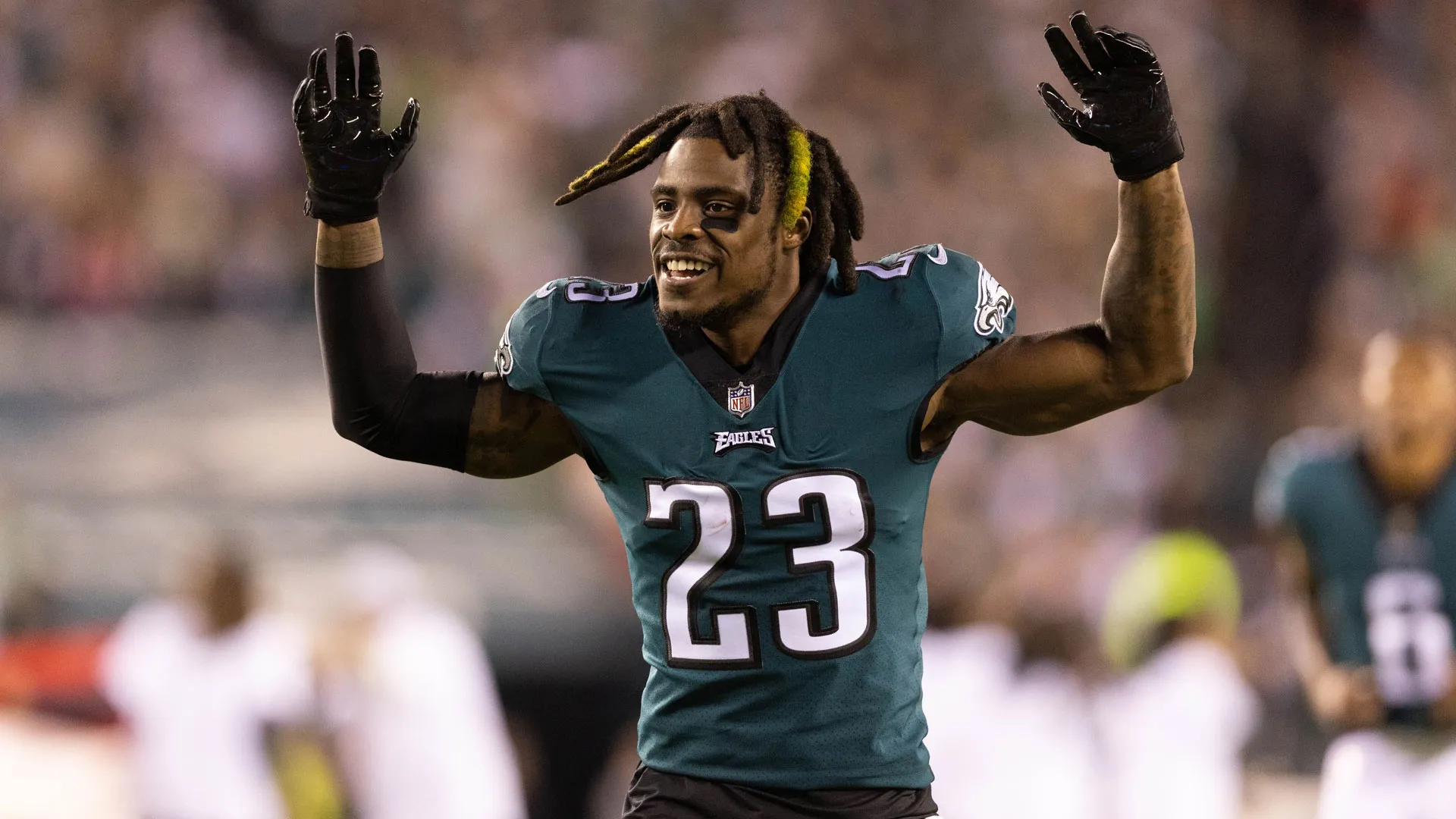This week, as the country yet again confronts police brutality, racism and raw emotion in the wake of George Floyd’s killing, I thought back to a conversation I had with Malcolm Jenkins in the summer of 2018.
I was writing a story about Jenkins and his role as a leader in a movement against police brutality, one that aimed for racial equality and criminal justice reform. As hesitant as he once was to become one of the faces of that movement, it was a responsibility he accepted. And, frankly, that stoic resolve impressed the hell out of me.
Jenkins felt like it was his duty.
Jenkins explained that back in 2016, just weeks after he and some teammates met with the Philadelphia police commissioner about the struggles between the black community and police, Colin Kaepernick began kneeling during the national anthem. That’s when it clicked.
I think for me, it showed that there are other guys out there who are feeling the same frustrations as me amongst my peers,” Jenkins said in 2018. “And, two, what Colin taught all of us is how much social capital we have as athletes. We might not be the richest out there or the experts or the politicians.
“We have social capital and can literally change the dialogue in the conversation worldwide. At that moment, I thought if we can create these different moments in silos as individuals, how impactful could it be if we collectively did something? I think for me, that’s when that vision was planted.
"Social capital” is a fancy way of saying athletes have a platform. The idea of athletes using their platform to promote social change isn’t a new one, but this was like a new wave.
Jenkins, Kaepernick and others used their platform to engage in the most non-violent forms of protest imaginable. A knee on the ground, a fist in the air.
NFL
And they still met resistance.
They were right back then and they’re still right today. Everyone should have listened.
They tried to highlight injustice and were told to shut up and play a game, Kaepernick was blackballed. And the list of dead black men continued to grow.
But Sundays are for football. Sundays are for beer drinking and wing eating and how dare these black men do anything other than entertain me, right? How dare they make me face harsh truths about my country when I’d rather escape for a couple hours and watch my TV.
We all need escapes; I get it. But think about the privilege it takes to ask a black man to stop protesting the unlawful deaths of other black men at the hands of police so that you can enjoy a game. That’s what happened. For the most part, the NFL stood idly by hoping that it — the kneeling, not the killing — stopped so their wallets wouldn’t suffer.
The arguments against the demonstrations were that they disrespected the flag, disrespected military. They didn’t, of course, but that was the argument.
As a result, the protests during the national anthem became so bastardized that Jenkins was already thinking about giving them up in 2017. (He finally did after the NFL and the Players Coalition joined a partnership that included $90 million for projects dealing with criminal justice reform and law enforcement relations.) It seemed like the focus had become more about the actual demonstration than about the reasons for them in the first place.
The reasons, of course, are still out there. A week ago in Minneapolis, a police officer, Derek Chauvin, kneeled on Floyd’s neck until he stopped breathing. Chauvin has been arrested and charged with murder but the three officers who stood there, complicit, are still free men.
This is why Kaepernick took a knee. This is why Jenkins raised a fist.
Next time, we all need to listen.
Subscribe and rate the Eagle Eye podcast:
Apple Podcasts / Google Play / Stitcher / Spotify / Art19
Click here to download the MyTeams App by NBC Sports! Receive comprehensive coverage of your teams and stream the Flyers, Sixers and Phillies games easily on your device.


